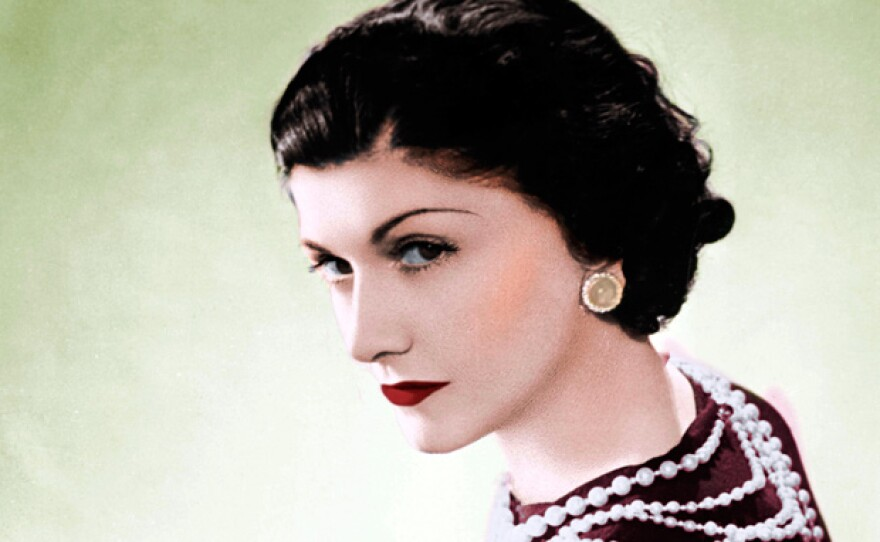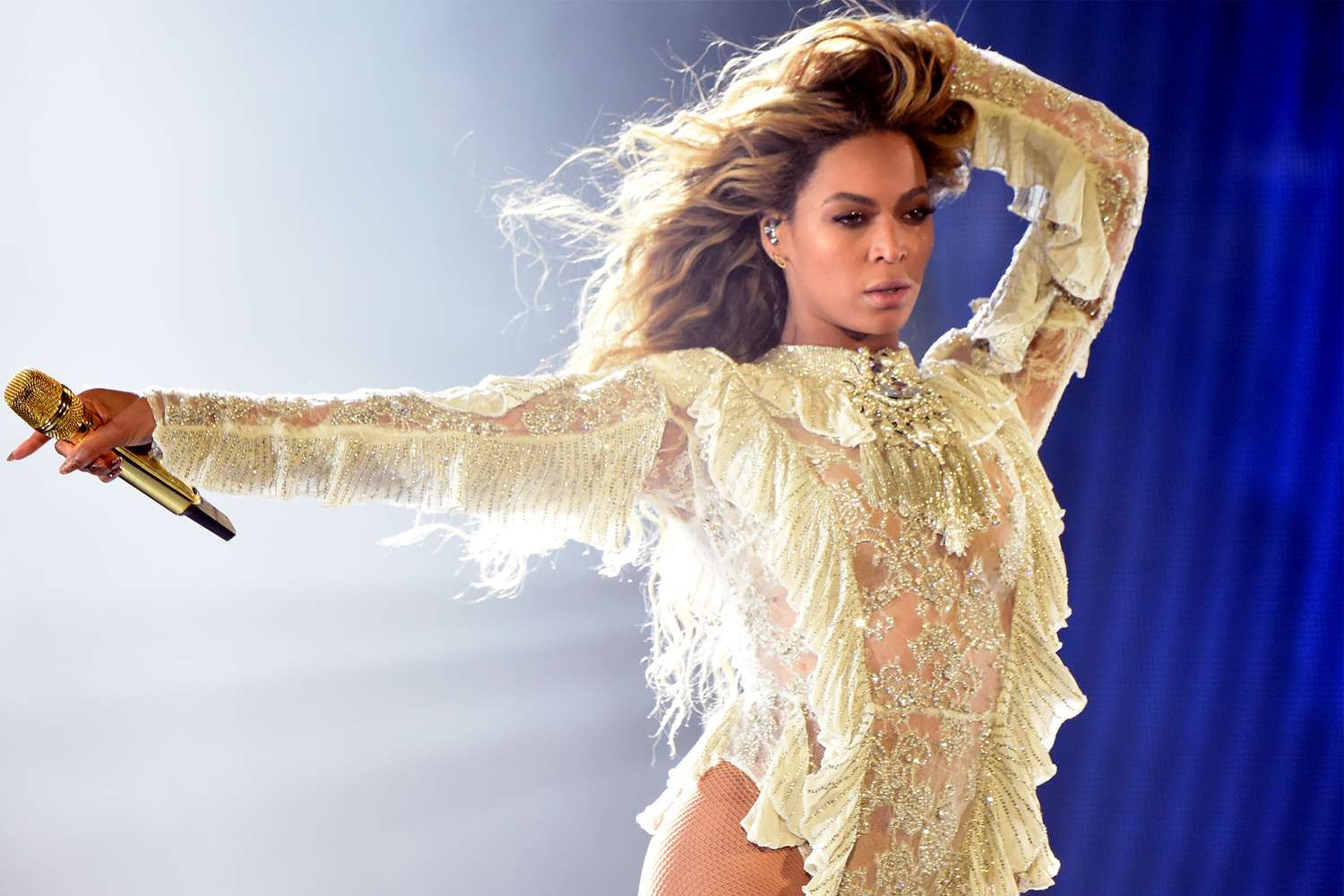Fashion Icons Through the Decades: Timeless Style
Fashion is more than just clothing—it’s a reflection of culture, art, and individuality. Over the decades, certain figures have left an indelible mark on the fashion world, setting trends that endure to this day. Here’s a look at some of the most influential fashion icons through the decades and how their timeless style continues to inspire.

1920s: Coco Chanel – The Pioneer of Modern Elegance
Coco Chanel revolutionized women’s fashion in the 1920s by breaking away from restrictive corsets and introducing chic, comfortable designs. Her iconic pieces, like the little black dress and tweed suits, embodied sophistication and practicality.
Style Legacy: Chanel’s focus on simplicity and elegance remains a cornerstone of fashion, with her designs continuing to define effortless sophistication.
1930s: Marlene Dietrich – Androgynous Glamour
Actress Marlene Dietrich was a trailblazer in challenging gender norms with her androgynous style. She popularized tailored suits and tuxedos for women, blending masculinity with Hollywood glamour.
Style Legacy: Dietrich’s fearless approach to fashion inspired future movements advocating for gender-fluid and unisex clothing.
1950s: Audrey Hepburn – The Epitome of Grace
Audrey Hepburn became a global fashion icon thanks to her collaboration with designer Hubert de Givenchy. Her minimalist yet elegant style, exemplified by the black dress she wore in Breakfast at Tiffany’s, set a standard for timeless fashion.
Style Legacy: Hepburn’s emphasis on clean lines and classic silhouettes continues to inspire modern elegance in everyday and haute couture fashion.
1960s: Twiggy – The Face of Mod Fashion
Twiggy, with her pixie haircut and doe-eyed look, was the face of the 1960s Mod fashion movement. She popularized bold prints, mini skirts, and A-line dresses, reflecting the youthful energy of the decade.
Style Legacy: Her daring style revolutionized the fashion industry, paving the way for experimental and playful designs.
1970s: David Bowie – The King of Avant-Garde
David Bowie transformed fashion into a form of self-expression, using bold, otherworldly outfits to complement his ever-changing musical personas. From Ziggy Stardust’s glam rock aesthetic to the tailored looks of the Thin White Duke, Bowie challenged conventional style norms.
Style Legacy: Bowie’s fearless creativity inspires today’s designers and artists to push boundaries and embrace individuality.
1980s: Princess Diana – A Royal Trendsetter
Princess Diana redefined royal fashion with her mix of traditional elegance and modern trends. From her iconic off-shoulder gowns to her casual, sporty outfits, Diana’s style was versatile and always impeccable.
Style Legacy: Diana’s influence is still seen today, with many of her outfits inspiring contemporary designs and celebrity wardrobes.
1990s: Kate Moss – The Face of Effortless Cool
Supermodel Kate Moss defined the 1990s with her “heroin chic” aesthetic and minimalistic approach to fashion. Her signature look—slip dresses, leather jackets, and skinny jeans—captured the essence of grunge and laid-back sophistication.
Style Legacy: Moss’s influence can still be found in today’s fashion trends that emphasize understated elegance and edgy, casual looks.
2000s: Beyoncé – Glamour and Empowerment
Beyoncé became a global fashion icon by blending glamour with empowerment. Her red-carpet looks, stage costumes, and personal style celebrate femininity, strength, and cultural heritage.
Style Legacy: Beyoncé’s fashion choices inspire confidence and inclusivity, showcasing how personal style can be a powerful form of self-expression.

Timeless Lessons from Fashion Icons
-
Stay True to Yourself: Each icon embraced their unique identity, proving that authenticity is the key to timeless style.
-
Experiment Fearlessly: From Bowie’s avant-garde looks to Twiggy’s playful outfits, taking risks can lead to groundbreaking fashion moments.
-
Invest in Classics: Chanel and Hepburn taught us that certain pieces, like the little black dress, never go out of style.
Conclusion
Fashion icons through the decades have shaped the industry with their bold choices, innovative designs, and timeless elegance. Whether you’re inspired by Chanel’s sophistication, Bowie’s creativity, or Diana’s versatility, the enduring lesson is clear: true style transcends time when it’s an authentic reflection of who you are.












